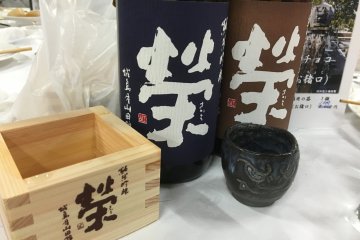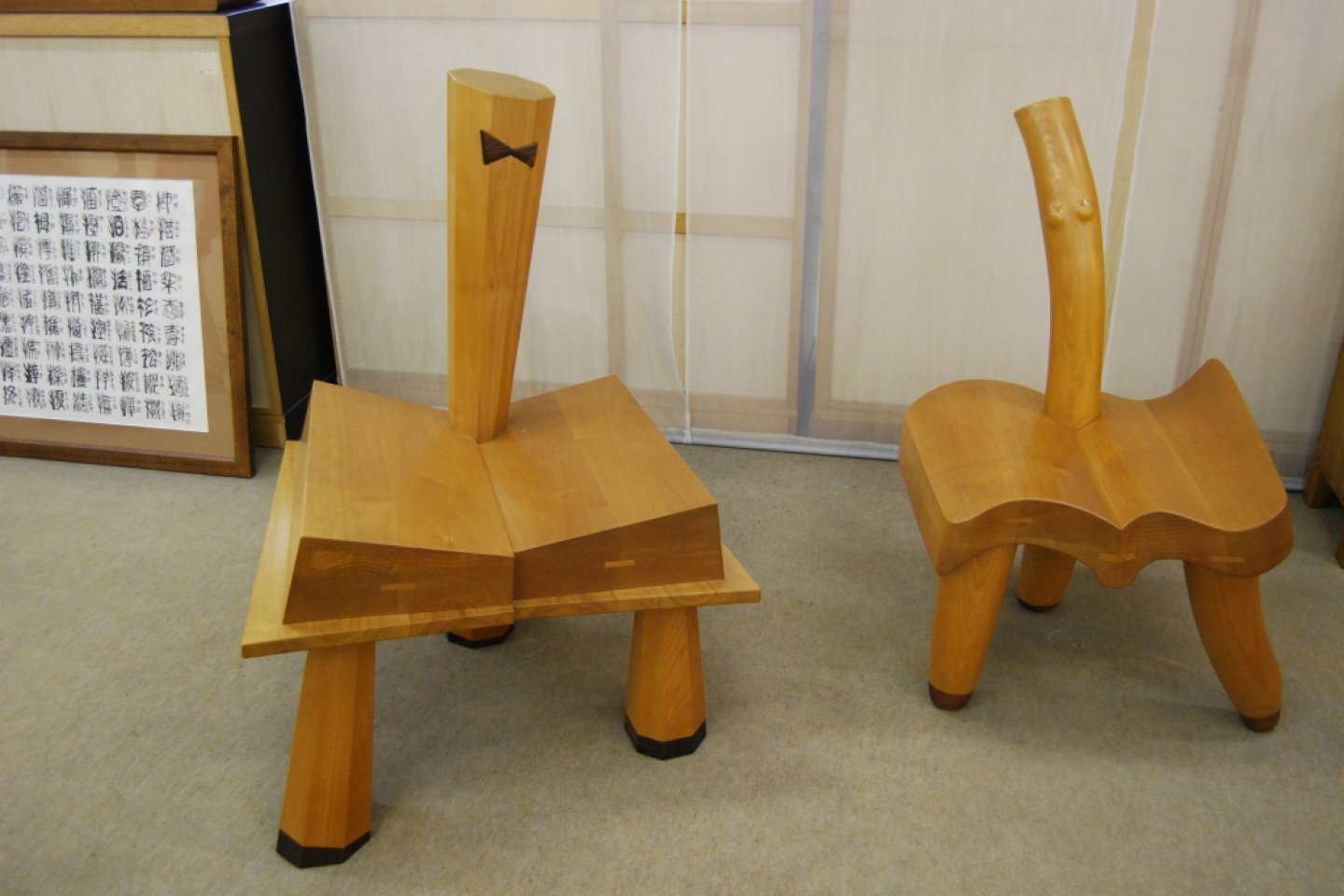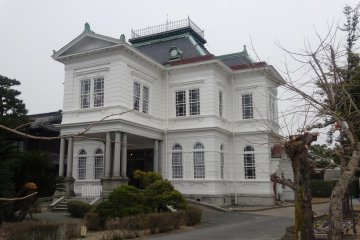

9°
Okawa
Traditional center for furniture making in Japan
Things to do in Okawa



Upcoming Okawa Events

Culture
Yanagawa Doll Festival: Sagemon Tour 2025
The town of Yanagawa celebrates Girls' Day with several events over a two month period.

Culture
Hina Festival Opening Parade 2025
Yanagawa's Hina Festival Opening Parade brings the figurines of Girls' Day to life.
Latest Okawa Reports
 11
11
Along Yanagawa's Famous Canals
Tristan ScholzeTake a quiet walk along Yanagawa's famous canals on a warm summer's evening. The unusual construction of this city mak..
 6
6
Yanagawa Sagemon Tour
Mandy BartokCelebrate the Doll Festival with a sagemon tour in the canal city of Yanagawa.
 6
6
Hina Dolls at the Ohana Villa
Mandy BartokThe Ohana Villa, a samurai mansion in central Yanagawa, offers visitors the opportunity to see beautiful displays of Hina doll..





















